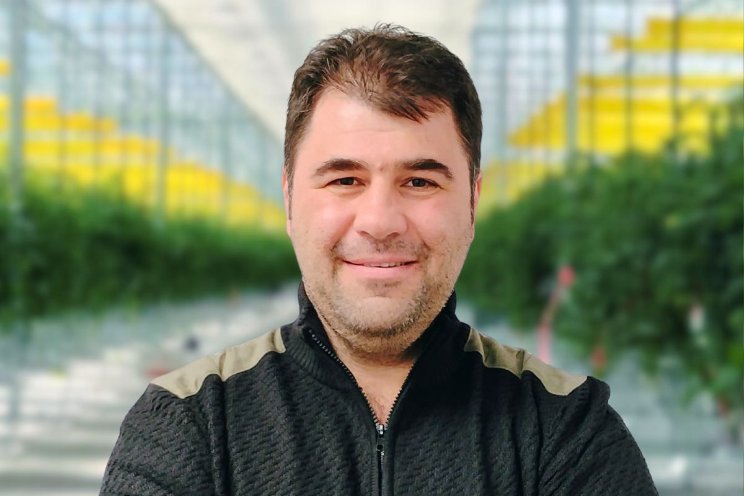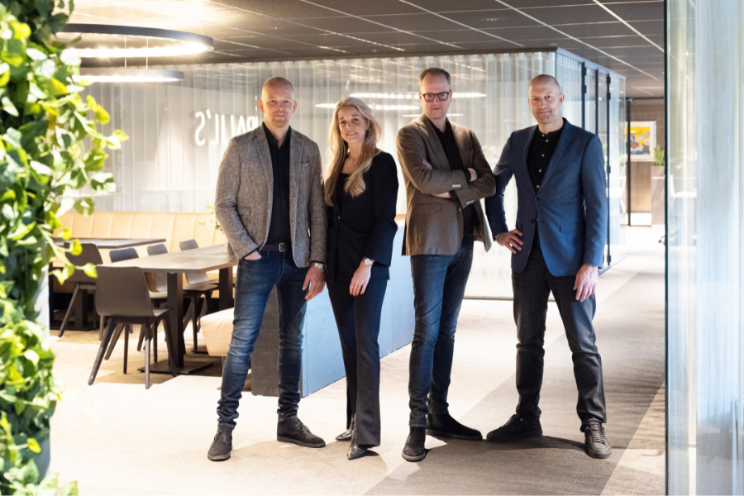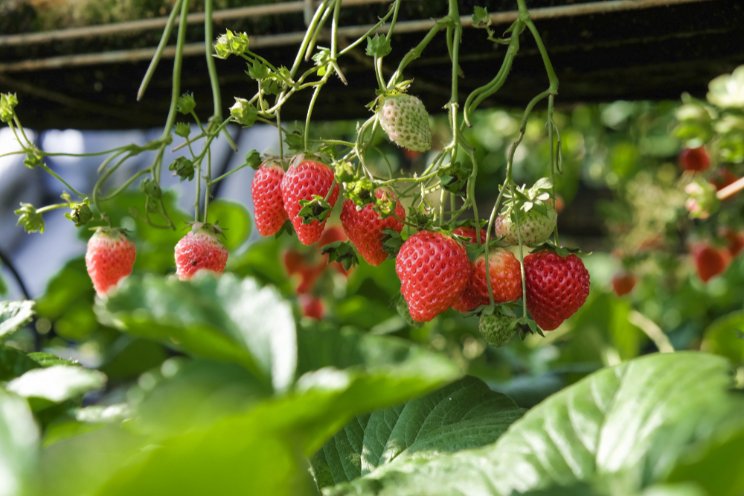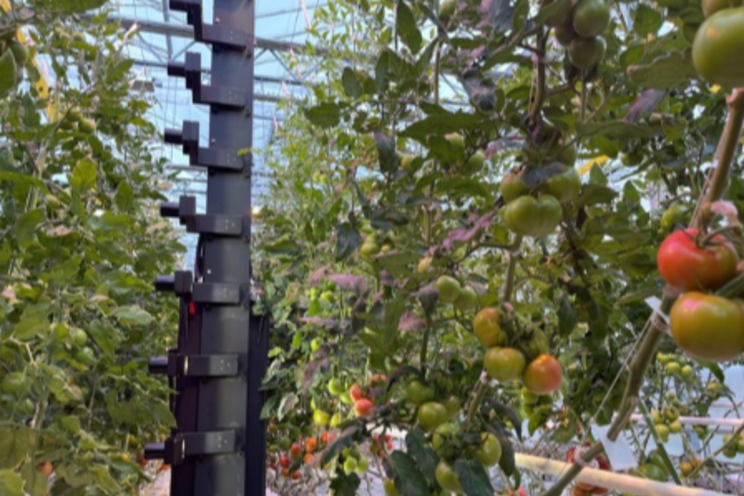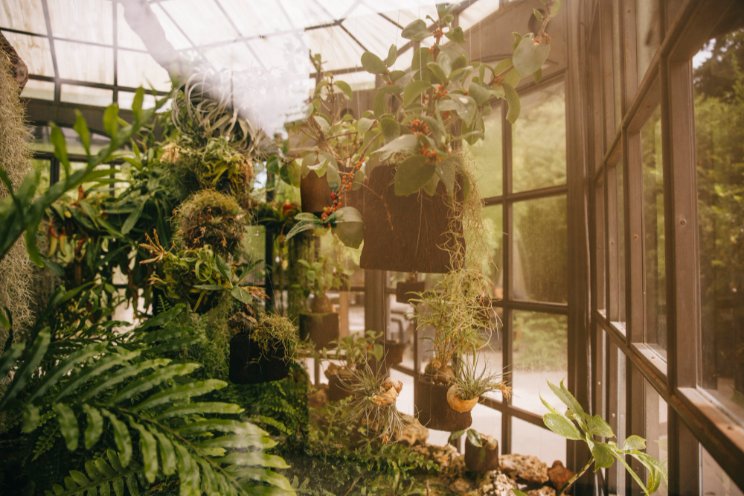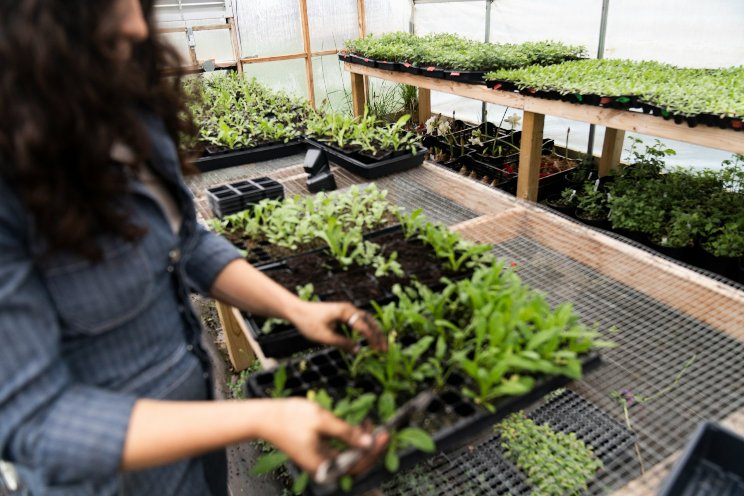Klasmann-Deilmann: pioneer in sustainable substrate innovation
Added on 15 January 2025
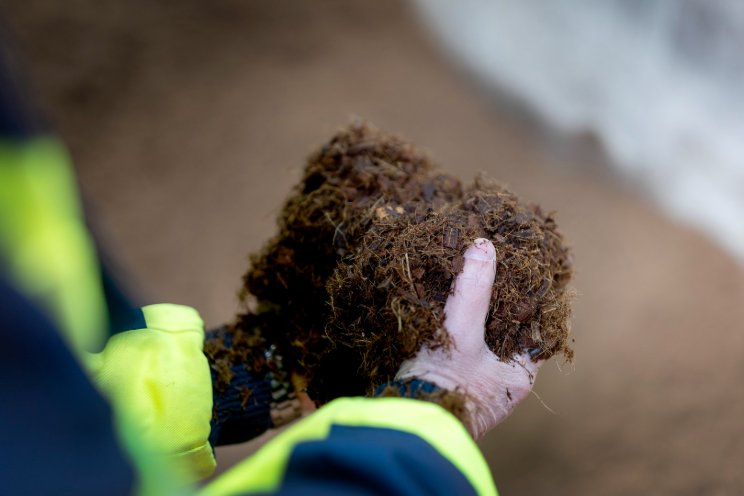
In its Sustainability Report 2023, Klasmann-Deilmann described its efforts to reduce its CO2 emissions, increase its use of alternative raw materials, and promote digitalisation and innovation. It’s a transition that corresponds to society’s expectations and the growing amount of legislation covering sustainability.
Alternative raw materials
Between 2013 and 2023, Klasmann-Deilmann reduced its CO2 emissions by 19%, while its sales volumes grew by 20%. The most important strategy to lower the emissions is the use of alternative raw materials instead of peat in the production of substrates. In 2023 the company used 940,000 m³ of alternative raw materials, like wood fibres, green compost, coir, bark and perlite. The target is to realise 35% of the total production with alternative raw materials by 2025 and even 50% by 2030. Although the demand for more sustainable substrates comes primarily from Western Europe, Klasmann-Deilmann is promoting their use worldwide.
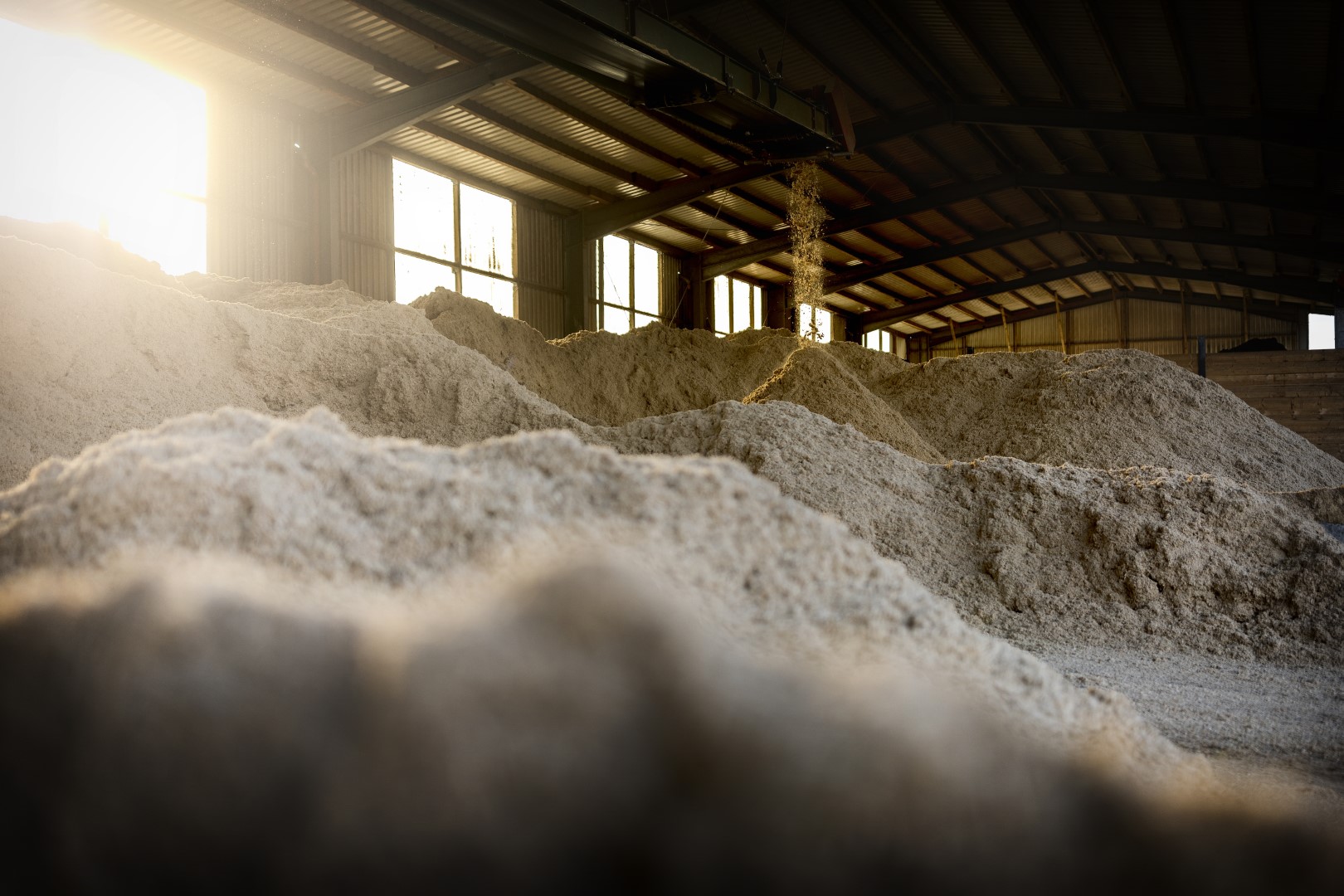
Reducing dependence on peat
The harvesting of peat has traditionally been an important activity for Klasmann-Deilmann. But peat extraction is coming under pressure, and thus an intensive search is on for alternatives to reduce the dependence on peat. Globally, the company’s peat extraction has declined considerably: since 2011 the market leader in substrates has not applied for any new licences for it. The focus is shifting to renewable raw materials. For example, the company recently took over the Australian substrate producer Australian Growing Solutions. By doing so, Klasmann-Deilmann has acquired substantial new expertise. The collaboration with Olde Bolhaar Eco Service also helps ensure a source of alternative raw materials.
Innovative products
Klasmann-Deilmann is investing strongly in innovation, with products like Growcoon, a biodegradable plug that promotes rapid root growth, and Nygaia, an organic, shape-retaining, degradable plug that can be produced locally. The company also offers digital solutions, like the Log & Solve platform. Growers can use it to optimise their cultivation processes and manage their cultivation data better. In addition, Klasmann-Deilmann invests in its product development team, which manages over 10,000 substrate recipes. These recipes are tailored to the specific needs of different crops, climatological conditions and cultivation methods. The search for possibilities to optimise the composition of substrates continues unabated, particularly by increasing the share of alternative raw materials without making concessions in quality, yield and safety.
Peat remains essential
Although reducing the use of peat is an important goal, Klasmann-Deilmann emphasises that alternative raw materials are not yet available in sufficient quantities to fulfil all the needs of the substrate industry. A drastic reduction in the application of peat is only possible when there are sufficient amounts of high-quality alternative raw materials available. Many growers of ornamental plants and tree nurseries are already using substrates with a large share of alternatives: 50% or more of the substrate volume. In the food industry, with its stricter quality and food safety requirements, this transition is taking longer. Klasmann-Deilmann envisages that the use of peat will remain essential for now in certain segments to safeguard food provision and safety.
Nature restoration
Klasmann-Deilmann has made considerable efforts towards nature restoration. At the end of 2023, the company had ‘rewet’4,916 hectares of former peat extraction areas. By rewetting these areas, peat mosses can recover and start to store CO2 again. The recovery of the peat areas contributes to climate protection because these areas function once more as CO2-storage sites. The company is also actively researching the cultivation of peat mosses. In collaboration with the University of Hannover and the Thünen Institute, a project was conducted to cultivate peat mosses on sites of former peat excavation.
More efficient transport
A considerable proportion of the emissions at Klasmann-Deilmann derives from transport: in 2023 it was 34%. To reduce these emissions, the company is working on decentralisation of the production. By producing raw materials locally, the transport distances are reduced. Klasmann-Deilmann is also striving to realise more efficient transport methods and chooses transport by ship or train wherever possible. Digitalisation also plays an important role in optimising these processes. Klasmann-Deilmann has introduced a CO2-calculator, for example, with which the carbon footprint of products and processes can be precisely calculated and monitored.
Challenges remain
Klasmann-Deilmann has taken great strides towards the transformation into a more sustainable business model, but challenges remain. Although the company has made considerable progress in reducing its CO2 emissions and increasing the use of alternative raw materials, peat remains for now an essential component of the production. Nevertheless, the company is determined to realise the goals for 2025 and 2030 and continue developing as a leader in the sustainable substrate industry. In the near future, there will be further investments in raw materials, innovation and increasing decentralisation of the production to ready the company for a future that stresses sustainability.
More news
